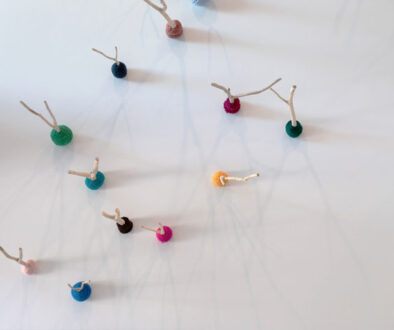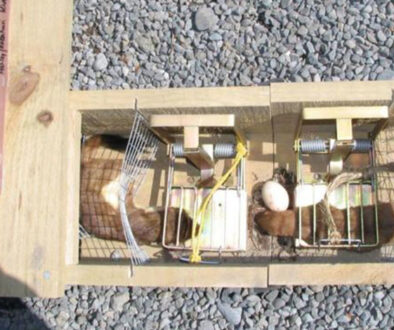Ethical Birding guidelines
Spring is just a week away, so the birds that inhabit my lake keep reminding me, with several species vying for who owns what particular patch of the shoreline. I thought now would be a good time to post a copy of Ethical Birding Guidelines. This was produced by Birdlife Australia in 2012, but is just as relevant to New Zealand, and even more relevant to BRaid as we begin looking at ways to engage commercial braided river, particularly tour operators, in bird watching.
“The purpose of these Guidelines is to increase awareness of potential negative impacts that recreational bird watching may have on birds. The document seeks to guide staff, members and volunteers of BirdLife Australia and members of the general public who have an interest in birds and the environment. It is intended that these guidelines will also assist commercial tour operators and volunteer group leaders to develop activities which minimise any negative impacts on birds while seeking to enhance the experience of their participants.”



